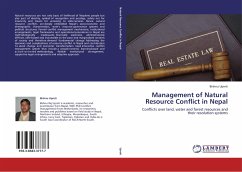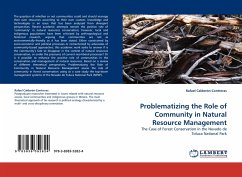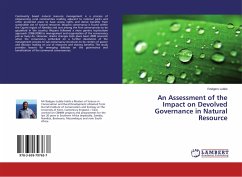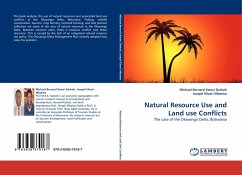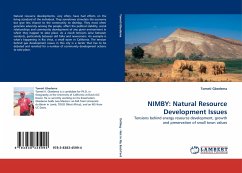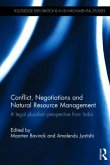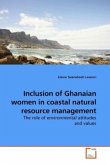Natural resources are not only basis of livelihood of Nepalese people but also part of identity, symbol of recognition and prestige, safety net for insecurity and means for accessing to state services. Hence, natural resource conflicts are deeply embedded Nepal s socio-economic and demographic characteristics, state s resource governance systems and political structures. Formal conflict management mechanisms, institutional arrangements, legal frameworks and operational procedures in Nepal are methodologically inadequate, financially expensive, administratively difficult, elite-biased and inaccessible to the poor and marginalized sections of society and therefore demand fundamental change. Addressing the dynamics and complications of resource conflict in Nepal and contribution to social change and economic transformation need interactive conflict management system that include a people-centred, learning-based and action-oriented methodology, flexible institutional arrangement, supportive legal arrangements and adaptive approach.
Bitte wählen Sie Ihr Anliegen aus.
Rechnungen
Retourenschein anfordern
Bestellstatus
Storno

